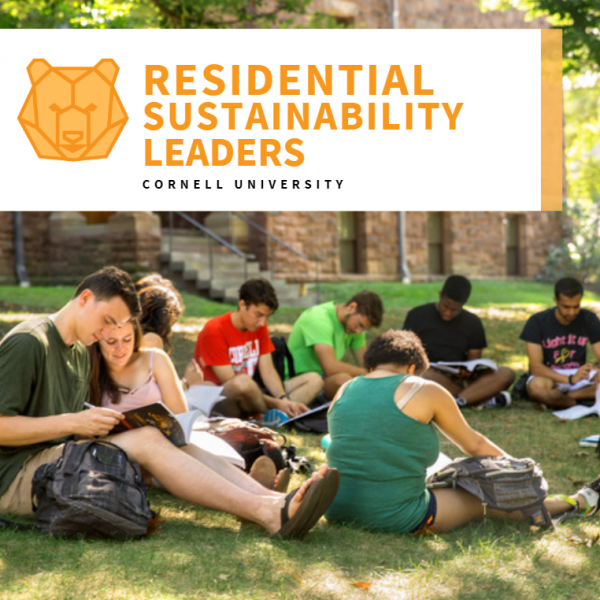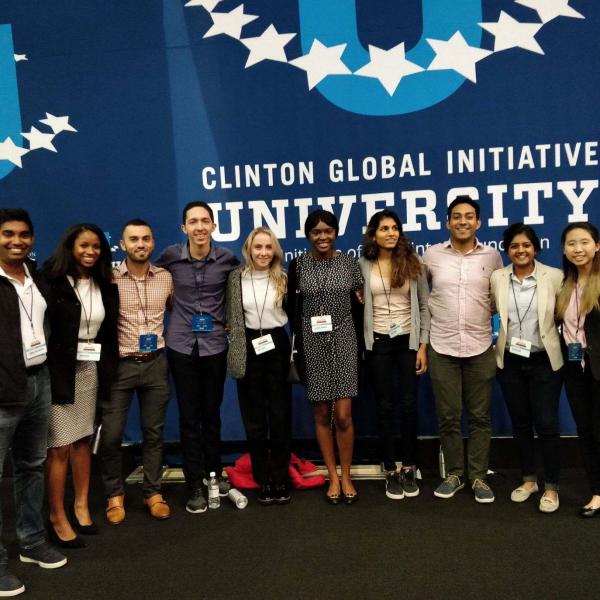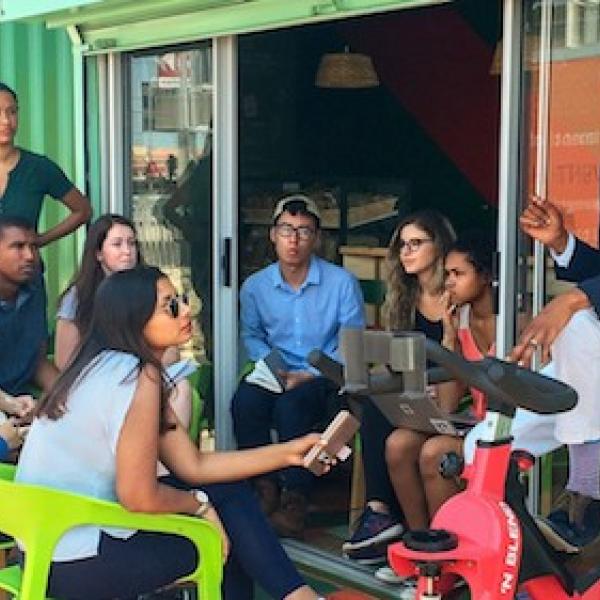Overview
Only open in first round of applications
Only eligible as preferred program
Learn more about the application process and deadlines for each round.
What is unique about this program?
IE University has its roots in IE Business School, which was founded in 1973 in the heart of Madrid's financial district. Those early years saw the launch of IE Business School’s MBA and Executive MBA programs. As Spain opened its doors to the world, IE served as a platform for debate on business challenges on an international level. In 1983 the School's International MBA was born. IE has since grown to become a hub for international business students and enjoys top rankings worldwide as a leading business school. IE has now expanded to be comprised of six different schools, such as the Business School, Law School, School of Architecture & Design, School of Science & Technology, School of Politics, Economics, & Global Affairs, and the newly launched School of Humanities. IE’s undergraduate programs have been growing rapidly, both in terms of enrollment and programs offered.
At IE University, you’ll be part of an international, diverse community, with students representing over 130 nationalities. With over 6,000 students from 130 different countries, more than 105 clubs, and approximately 1,500 yearly events, there’s always something to get involved with at IE University. IE University is built on four key values: diversity, an entrepreneurial mindset, technological training for innovation, and the humanities for understanding the world.
What is unique about IE University?
The IE University campus is located in the center of Madrid, one of the leading financial capitals in Europe, in one of its most symbolic districts. Students benefit from a global learning environment, top-tier networking opportunities, and facilities equipped with the latest generation technologies–all shared with the prestigious top-ranked IE Business School and its multiple buildings.
| Cornell Area of Study (College) | IE Area of Study (School) |
|---|---|
| Communications (CALS) | Communication and Digital Media (Business School) |
| Information Science (CALS) | Data and Business Analytics (School of Science & Technology) Computer Science & AI (School of Science & Technology) |
| Global Development (CALS) | International Relations (School of Politics, Economics, & Global Affairs) |
| AEM (Dyson) | Business Administration (Business School) |
| DEA (Human Ecology) | Design (School of Architecture & Design) |
| Human Development (Human Ecology) | Behavior and Social Science (Business School) |
| ILR (ILR) | International Relations (School of Politics, Economics, & Global Affairs) Behavior and Social Science (Business School) Business Administration (Business School) Politics, Philosophy, Law & Economics (School of Politics, Economics, & Global Affairs) Economics (School of Politics, Economics, & Global Affairs) |
| Public Policy (Brooks) | International Relations (School of Politics, Economics, & Global Affairs) Politics, Philosophy, Law & Economics (School of Politics, Economics, & Global Affairs) |
Things to consider before applying
- Review the information on the Education Abroad Office’s Get Started page for important considerations on academics and finances, and a guide to next steps
- Find answers on the Education Abroad website for Cornell study abroad policy, health, and safety updates
- Connect with past participants to learn more about the on-site experience.
- Still have questions? Visit the Get Advice page and learn how to connect with an Education Abroad Advisor
- Want to keep up to date with Cornellians Abroad? Follow Education Abroad on social media, @Global_Cornell
How do I apply?
Applying to study abroad is a two-step process. For more information, visit Apply for Semester and Year on the Education Abroad website.
For Cornell approval and nomination, click on the "Apply" button on this webpage. Applications are reviewed by Education Abroad. See timeline. Students who secure a space will be invited to commit. Once committed, the Education Abroad Office will nominate you to the exchange partner.
Once nominated by Cornell, complete the external application for exchange students provided by the partner. Schools typically admit the students nominated by exchange partners, but you must complete this process for them to review your application and offer you a place. The timeline for nominations varies greatly by program; you will hear from your Education Abroad Advisor or the program itself when it is time to apply externally.






